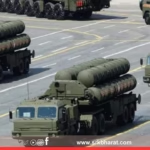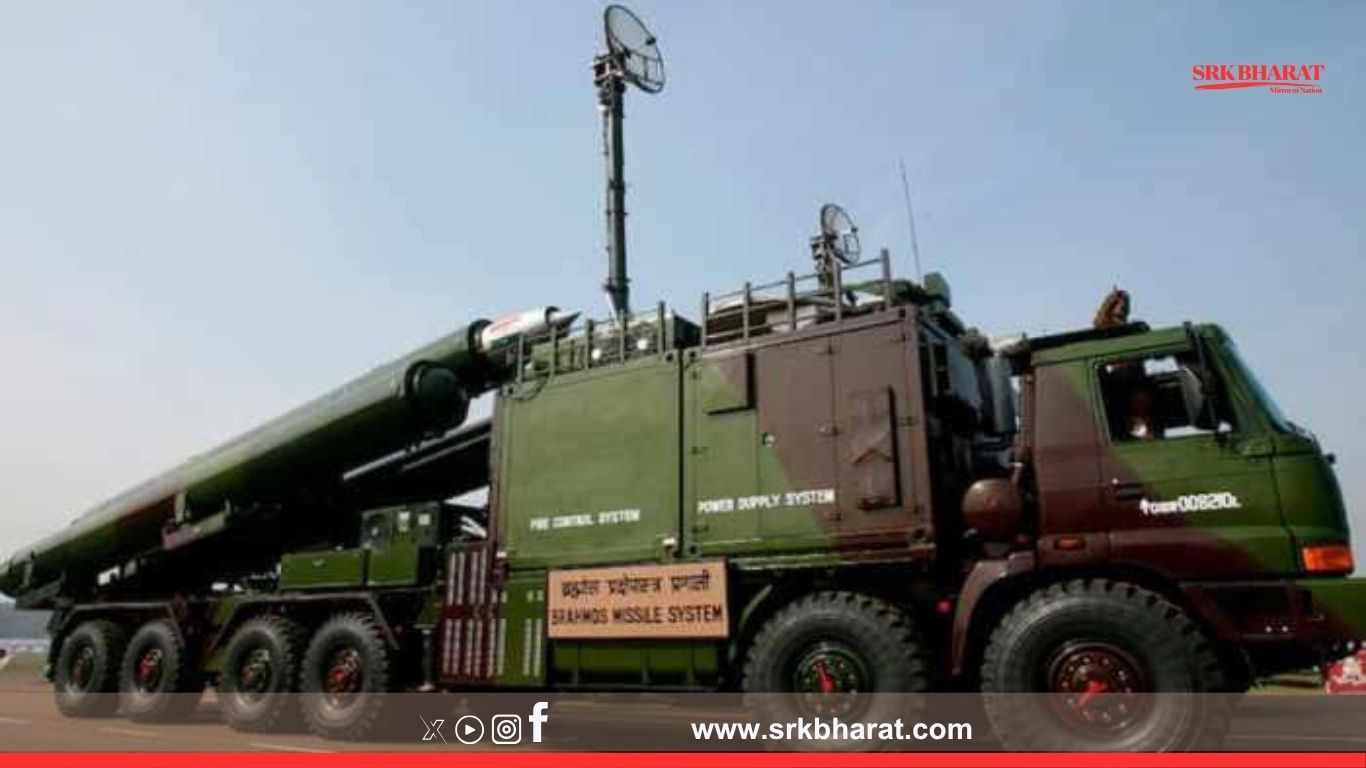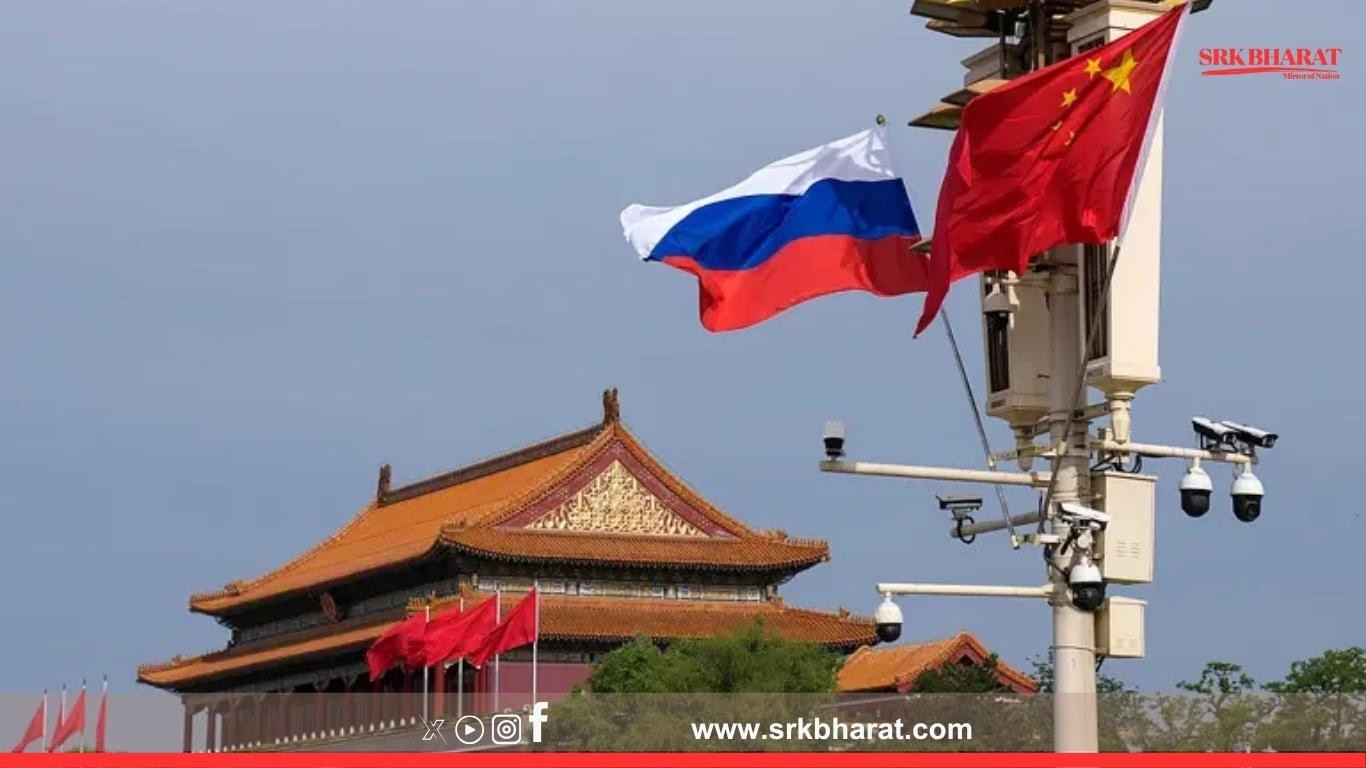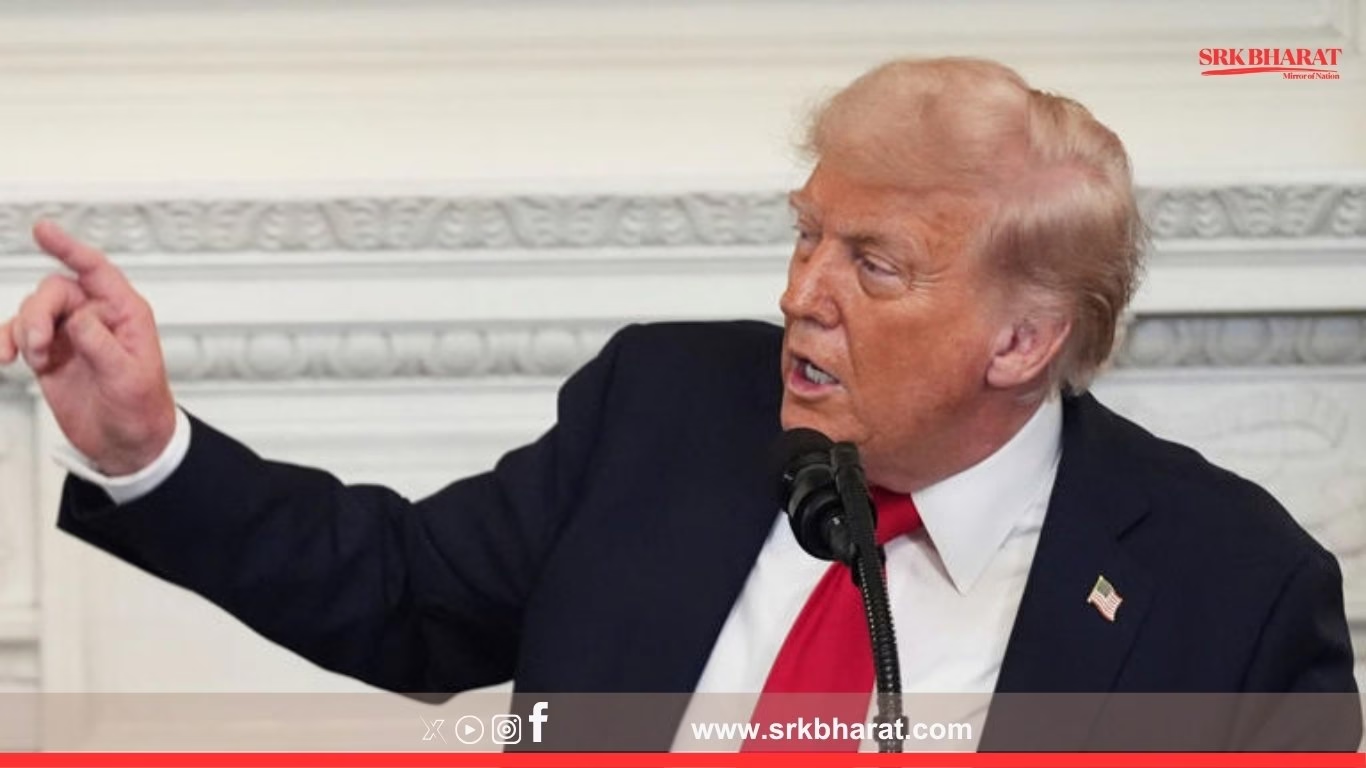In an unexpected yet controversial online exchange, a Pakistani retired Lieutenant General’s query on purchasing India’s BrahMos supersonic cruise missile received a sharp retort from its Indian manufacturer, reflecting the strategic tensions and weapon envy that define Indo-Pak military discourse.
The conversation, which went viral on social media platforms this week, began when Lt Gen (Retd) Amjad Shoaib posted on X (formerly Twitter) asking whether Pakistan could buy BrahMos missiles to strengthen its defence arsenal.
Pivot Table: Key Details of the BrahMos Controversy
| Event | Details |
|---|---|
| Who Asked? | Lt Gen (Retd) Amjad Shoaib, Pakistan |
| What Asked? | “Can we buy BrahMos for our security needs?” |
| Missile Maker Response | “We don’t sell to countries that sponsor terror.” |
| Missile | BrahMos Supersonic Cruise Missile |
| Developers | BrahMos Aerospace (India-Russia JV) |
Background: The Viral Query
The retired Pakistani General tweeted:
“Can Pakistan buy BrahMos missiles for effective deterrence against external threats? Asking from a strategic perspective.”
The question triggered thousands of reactions from Indian defence analysts, veterans, and netizens, who mocked Pakistan’s limited indigenous missile capabilities and its reliance on Chinese weaponry.
BrahMos Aerospace’s Stinging Reply
In an unusual move, the official handle of BrahMos Aerospace replied directly, stating:
“We do not sell BrahMos to countries that support or sponsor terrorism.”
The direct rebuke sparked further debates on Indo-Pak relations, with Indian strategic community hailing it as an apt response highlighting Pakistan’s global reputation as a terror sponsor, a narrative consistently pushed by New Delhi in international forums.
BrahMos Missile Quick Facts
| Feature | Details |
|---|---|
| Type | Supersonic Cruise Missile |
| Developers | DRDO (India) + NPO Mashinostroyeniya (Russia) |
| Speed | Mach 2.8 to 3.0 |
| Range | 290 km (original), extended to 450-500 km in newer versions |
| Deployment | Indian Army, Navy, Air Force |
| Export Clients | Philippines (contract signed), talks with Vietnam, Indonesia |
Strategic Context: Why Pakistan Wants BrahMos
Pakistan’s interest in BrahMos is unsurprising given its:
- Inability to produce supersonic cruise missiles indigenously.
- Dependence on subsonic Babur cruise missiles with ranges up to 700 km but speeds below Mach 1.
- Fear of Indian BrahMos deployment along the western front for precision strikes on military installations and command centres within minutes.
Former Indian Northern Army Commander Lt Gen DS Hooda (Retd) commented:
“BrahMos has significantly tilted conventional deterrence in India’s favour. Pakistan has no equivalent and will continue to seek Chinese help to counter it.”
India-Pakistan Cruise Missile Capability Comparison
| Parameter | India (BrahMos) | Pakistan (Babur) |
|---|---|---|
| Speed | Mach 2.8-3.0 (supersonic) | ~Mach 0.8 (subsonic) |
| Range | 290-500 km | 350-700 km |
| Guidance | Active radar, precision strike | INS + TERCOM + DSMAC |
| Launch Platforms | Ship, submarine, land, air | Land, submarine (under test) |
| Export Status | Philippines signed, SEA nations interested | No exports |
Why BrahMos Refuses Exports To Pakistan
Under India’s Missile Technology Control Regime (MTCR) obligations and its strategic policy, BrahMos missiles are:
- Not sold to adversarial states or terror-linked countries, including Pakistan and China.
- Exported only to friendly nations to strengthen regional stability and defence partnerships.
Furthermore, BrahMos is a symbol of Indo-Russian strategic cooperation, making its transfer to a Chinese ally geopolitically impossible.
Social Media Reactions
The missile maker’s response drew wide praise from Indian users:
- @BharatDefenceForum: “Perfect answer. India will never arm its enemies.”
- @MajorManikSharma: “First develop an economy to buy before dreaming of BrahMos.”
- @ShreyaStrategic: “This is why indigenous capability matters. Pakistan has to beg China for every missile.”
Meanwhile, some Pakistani users criticised their General’s question as an “embarrassment” for publicly seeking weapons from an adversary.
India’s BrahMos Export Strategy
India has been expanding BrahMos exports as part of its Defence Export Policy 2025, aiming for $5 billion in defence exports by 2025. Recent developments include:
- Philippines: $375 million contract for shore-based anti-ship BrahMos batteries.
- Vietnam: Negotiations ongoing for coastal defence variants.
- Indonesia & Thailand: Preliminary discussions underway.
BrahMos Potential Export Markets
| Country | Status | Purpose |
|---|---|---|
| Philippines | Contract signed | Coastal anti-ship batteries |
| Vietnam | Negotiations ongoing | Maritime security |
| Indonesia | Early talks | Navy acquisition plans |
| UAE | Interest indicated | Gulf maritime security |
Expert Views: Impact On South Asian Deterrence
Dr. Ajai Shukla, Defence Analyst:
“BrahMos enhances India’s punitive strike options. Pakistan’s inability to counter it adds pressure on its vulnerable military infrastructure in any future conflict.”
Dr. Sushant Sareen, ORF:
“The General’s query reflects strategic insecurity. Pakistan must realise it cannot match Indian military technology by seeking to buy from its adversary.”
Strategic Implications
- India retains qualitative edge in cruise missile technology over Pakistan.
- BrahMos export success strengthens India’s reputation as a global arms exporter.
- The missile’s multi-platform deployment adds flexibility to India’s war planning and deterrence posture.
- Pakistan is expected to accelerate its Chinese missile collaborations, such as developing the CM-400AKG supersonic missile with limited success so far.
Key Takeaways
- A Pakistani retired General’s query to buy BrahMos missiles from India sparked a sharp response from BrahMos Aerospace, stating it does not sell to terror-sponsoring nations.
- The incident underscores Pakistan’s missile technology gap compared to India’s supersonic capabilities.
- India’s BrahMos exports continue to expand in Southeast Asia while excluding adversarial states.
- The missile remains a core pillar of India’s conventional deterrence doctrine against regional threats.
What’s Next?
BrahMos Aerospace is scheduled to conduct more extended-range BrahMos tests later this year, including air-launched versions for Su-30 MKI integration upgrades, enhancing India’s strategic reach across land and sea domains.
Disclaimer
This article is for informational and editorial purposes only. Data are sourced from BrahMos Aerospace, Indian defence ministry statements, and public social media exchanges. Readers are advised to consult official government releases for confirmed procurement and strategic policy updates.











